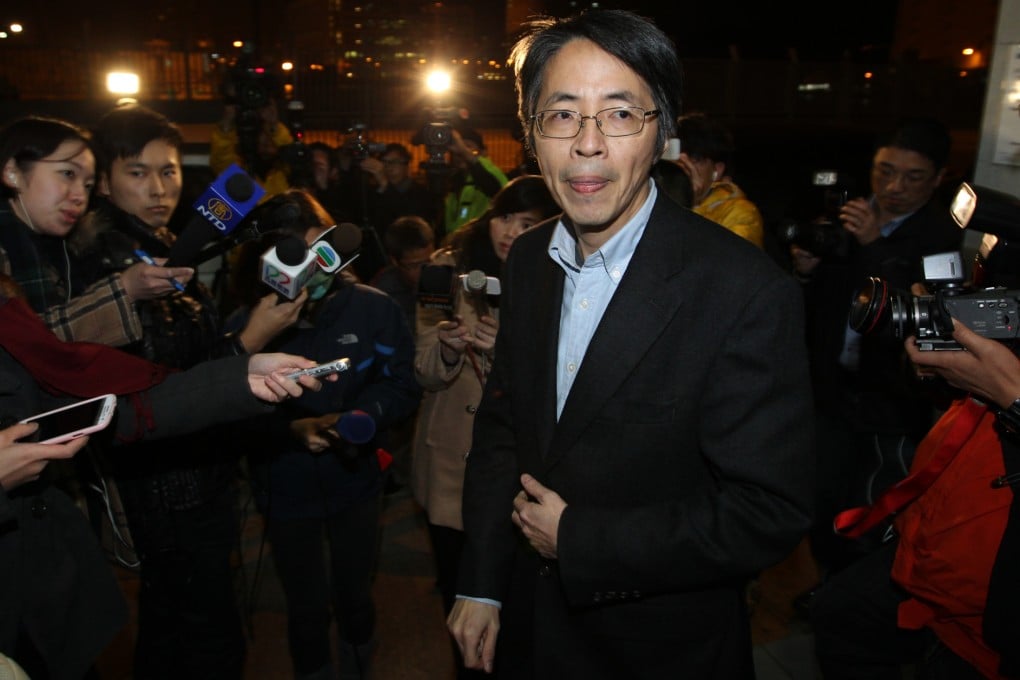New | Ming Pao columnists, am730 team decry ‘threat’ to editorial freedom
Four more writers follow Martin Lee's move last week of leaving columns empty, while journalists at free sheet respond to claim of ad cancellations

Another four Ming Pao columnists have left the space allocated for their articles empty to protest against the sudden and unpopular plan of replacing the chief editor of the Chinese-language broadsheet with a Singapore-based Malaysian.
The move in the Monday edition came as the editorial team of am730 ran a double-page spread that included a “letter to readers” saying the free newspaper, which is critical of the government, was facing a “difficult time” amid revelations that mainland-backed companies were withdrawing their advertising.
The changes at the two papers appear to be attempts to erode their editorial freedom, scholars and industry insiders say.
But the man at the centre of the Ming Pao row, outgoing chief editor Kevin Lau Chun-to, spoke up for the management, saying it would not intervene in the columnists’ freedom to express themselves although they had made use of the space set aside for them to criticise it.
“There have been quite a few columns recently criticising the company’s decision to replace its chief editor,” Lau wrote in the paper’s Newsroom Notes column on Monday. “While the management may feel wronged and unhappy, it still respects the agreement between the editorial and the columnists made over the years.”
At am730, the team published a slogan in English against a blue sky and a bunch of lights: “Though I am not strong, I will persist. In this difficult time, please stand by me.”